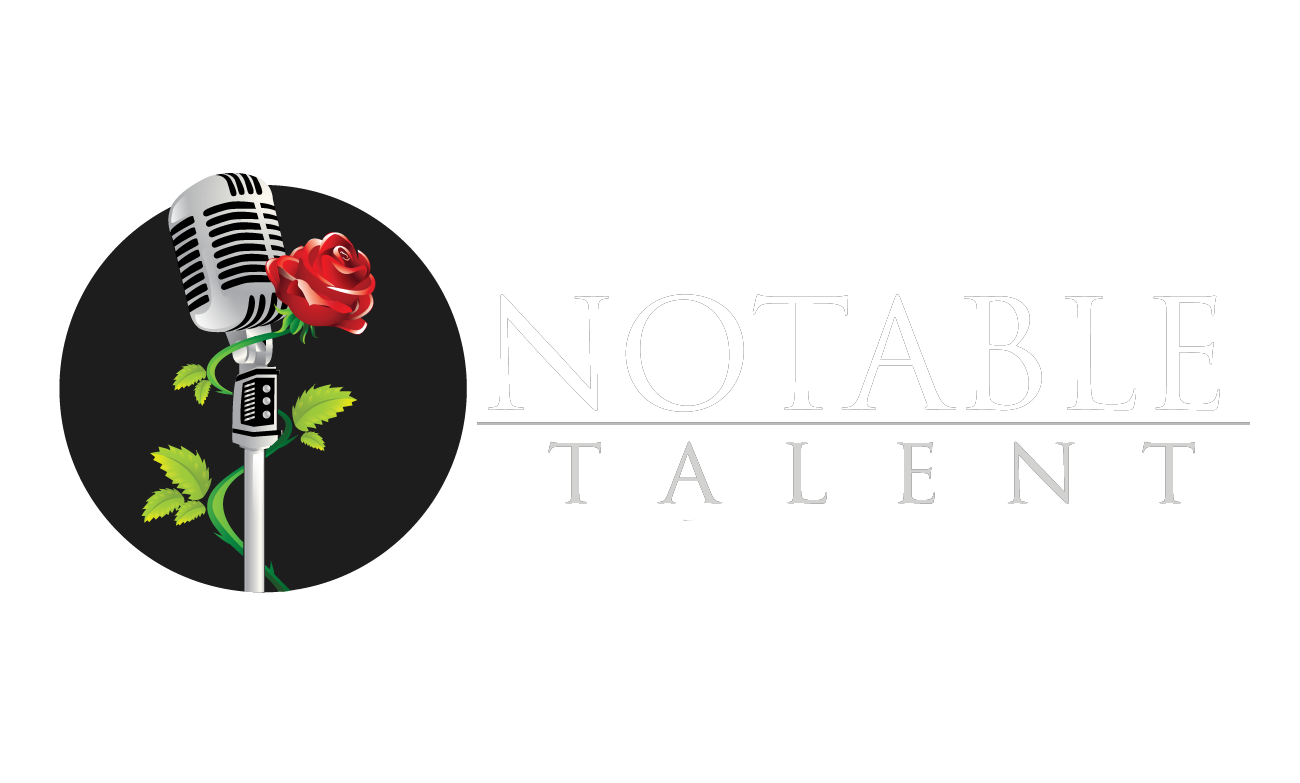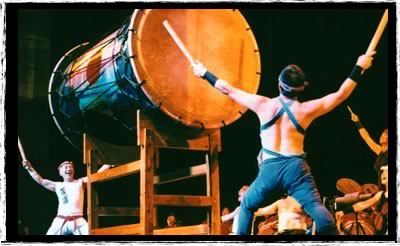Dance Troupes
Barbary Coast Cloggers
The Barbary Coast Cloggers, performing since 1981, were founded in San Francisco to bring the rowdiness and unique spirit inherent to clogging out of the Appalachian Mountains all the way to the West Coast. Their all-male group of performers has enjoyed tremendous success working all types of venues, from ethnic dance festivals to museums and world fairs to rodeos, carrying on the exciting tradition of this marvelous American folk dance! They have consistently delighted audiences with their high energy spin on this rich dance tradition, which includes fast paced music, traditional steps and patterns, and a heavy, syncopated, uniform style. BBC can put together a show to meet your needs, anything from a quick 10 minutes to a feature-length 90 minute production including live a bluegrass band!
Celtic Chaos
Celtic Chaos makes a splash wherever they go! Whether tearing up the stage with the greats of the Celtic Rock scene or adding the graceful compliment to a traditional Irish band these skilled Irish step dancers certainly leave the crowds wanting for more, and they delight in pleasing audiences with their stunning rhythms and beautiful choreographies. Influenced by the traditional Irish dance shows like Riverdance and more innovative productions like Stomp! and trained by Ann McBride of the McBride School of Irish Dance, these dancers enjoy weaving different techniques and styles into their compositions all the while remaining loyal to the traditional Irish roots of their dance.
Dance Through Time
Although Dance Masters through the centuries left us records of the dances from their times, very few people today have the knowledge and training to decipher these dance notations. Through years of researching original sources and deciphering multiple languages, Dance Through Time has created original musical performances that give audiences the unique opportunity to see the dances, the costumes and the traditions of western cultures from the past 500 years. The Company performs year-round in concerts, special events, master classes, lecture-demonstrations and residencies. Dance Through Time has received international recognition for its loving attention to authenticity, stringent artistic standards, and critically-acclaimed performances.
Fatchance Bellydance
Since the creation of FatChanceBellyDance by Carolena Nericcio in 1987, the troupe has fascinated audiences worldwide with their exciting improvisational technique. Carolena has refined a montage of different "tribal" elements into what has been coined American Tribal Style bellydance. Tribal Style Bellydance is both a celebration of the female spirit and a physical display of the strength and beauty of women. It's roots can be traced back to the rituals of past matriarchal cultures and to the secular entertainments evolved as the gypsies traveled through India, Central Asia, the Middle East, North Africa and Spain. There are many styles of bellydance. The most authentic styles are cabaret and folkloric. Other styles have evolved as the dance migrated from the Middle East and North Africa into Europe and the US and back again. FatChanceBellyDance performs what is referred to as American Tribal Style Bellydance. What distinguishes Tribal from other styles of bellydance is the way in which steps, movements, gestures, even costume, are redesigned to suit the common denominator of a group dancing together. The music is selected for it's clarity, the steps for their universal application and yet, whether performed as choreography or improvisation the result is one of simple elegance and rhythmic style. Through their participation in dance festivals, collaborative productions with other artists, and benefit shows for community events, as well as private performances, FCBD has established a strong professional reputation in and out of the Bay Area for their beautiful and exciting show.
Mambo Romero
Directed by Gabriel Romero, Mambo Romero Dance Company is dedicated to providing professional latin dance entertainment. Influenced by many different dance styles including Jazz, Hip Hop, and Modern Dance, Mambo Romero routines reflect the influences of these dance forms. Mambo Romero strives to maintain the essence and origins of Mambo/Salsa, the result being an exciting show that grabs the attention of the audience and dance afficionados alike.
San Francisco Taiko Dojo
The history of Taiko is interwoven in the fabric of Japanese history. Regarded as sacred since ancient times, the drum was first used to drive away evil spirits and pests harmful to crops. It was believed that by imitating the sound of thunder, the spirit of rain would be forced into action. At harvest time, Taiko was joyfully played in thanks for a bountiful crop. Today, this spiritual aspect of Taiko has faded with the modernization of Japan. What was once an integral part of daily life is now just a festival relic. However, a cultural renaissance has been taking place in Japan — a rediscovery of native arts. Today, every school child in Japan knows of Taiko and many corporate events feature Taiko drummers. With the dedication of a small number of Taiko masters and enthusiasts, it has been again popularized and is played in festivals throughout the world. In the last decade, Taiko enthusiasts, Seiichi Tanaka and the San Francisco Taiko Dojo have redeveloped Taiko from its primitive folk art roots to a powerful, sophisticated synthesis of rhythm, harmony, and body movement. Today, it is a rigorous mental, physical, and martial arts training that is combined with musical talent to form a unique, resonant style.San Francisco Taiko Dojo in concert is an experience like no other. The performance is visual, audio, and visceral. The combination of traditional and contemporary rhythms, dance, and martial arts transcend the physical and are often described as spiritual. Audience members have been known to be overcome with emotion, overcome by the power and beauty of their deeply moving performance.
Spirit of Polynesia
Spirit of Polynesia has been existence since 1979 when they performed their first shows. In 1981 SOP was asked to perform in the month long "Festival of Hawaii" at the famous "Tonga Room" in the San Francisco Fairmont Hotel, performing two shows per night, seven nights per week for one month. Today, SOP performs in many festivals of traditional ethnic dance such as the Ethnic Dance Festival and many entertainment orientated events where there is a demand for authentic portrayal of these art forms in dance styles, costumes and music. They perform at over 150 engagements per year, both large and small and their goal is to preserve, perpetuate and perform Polynesian Pacific music, drum and dance traditions.







